The Engineering and Physical Sciences Research Council (EPSRC) invites expressions of interest for its Telling Tales of Engagement Competition. This supports researchers in further telling the story of research impact in an interesting and engaging way to a wider audience.
The competition relates to RCUK’s Digital Economy Theme, which supports research to rapidly realise the transformational impact of digital technologies on community life, cultural experiences, future society, and the economy. Relevant researchers are from a diverse range of disciplines including social science, engineering, computer science, the arts and medical research.
Three prizes of £10,000 are available. EPSRC are currently inviting expressions of interest and the closing date is 1st December 2016.
Applicants must:
- tell stories that describe how their pathway to impact genuinely unfolded, to help the wider research community and public understand how impact really occurs and what benefits have, or are expected to be delivered from their research;
- explain how they will use the prize, to engage the public with their research, to show how the benefits of their research help make a contribution to various challenges and to help address the RCUK’s equality, diversity and inclusion agenda.
For full details, please see the EPSRC website.
How to apply
Applicants do not have to be funded by EPSRC to apply; the competition is open to all researchers employed or registered at a UK Higher Education Institute who would be eligible for RCUK grant funding.
If you are interested in this call and would like support to develop your ideas further, please contact Genna West (Engagement and Impact Facilitator) or Naomi Kay (Public Engagement Officer). And please ensure to contact your RKEO Funding Development Officer at least three weeks before the application deadline.
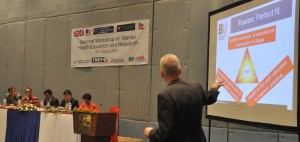
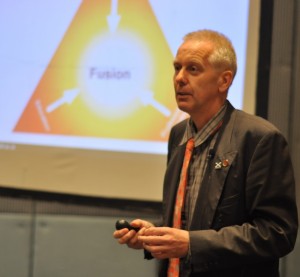


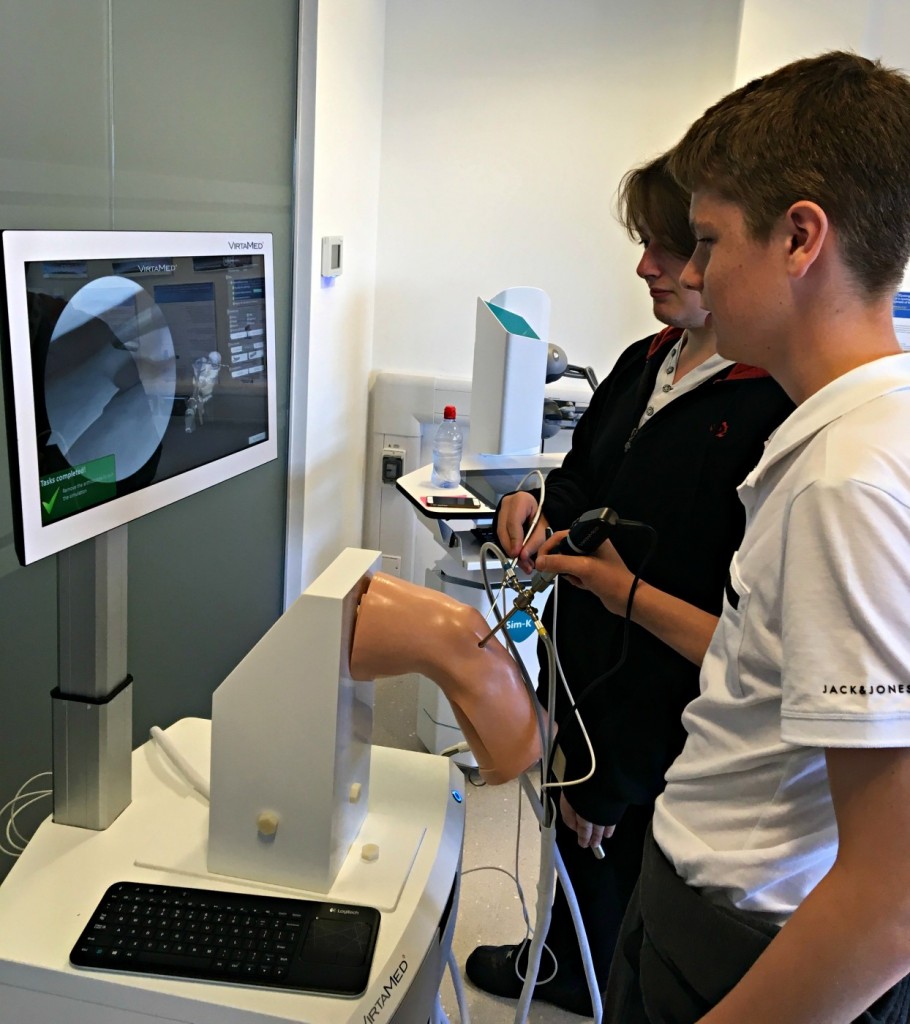 ary tests to be carried out for different aspects associated with balance, these include: anticipatory tests (when preparing for something to happen), reactive postural control (how you react to a change in motion), sensory orientation, and dynamic gait speeds (walking speeds and how they change in different circumstances). This was necessary in order to see how the effects of inspiratory muscle training effects balance over the course of 8 weeks.
ary tests to be carried out for different aspects associated with balance, these include: anticipatory tests (when preparing for something to happen), reactive postural control (how you react to a change in motion), sensory orientation, and dynamic gait speeds (walking speeds and how they change in different circumstances). This was necessary in order to see how the effects of inspiratory muscle training effects balance over the course of 8 weeks.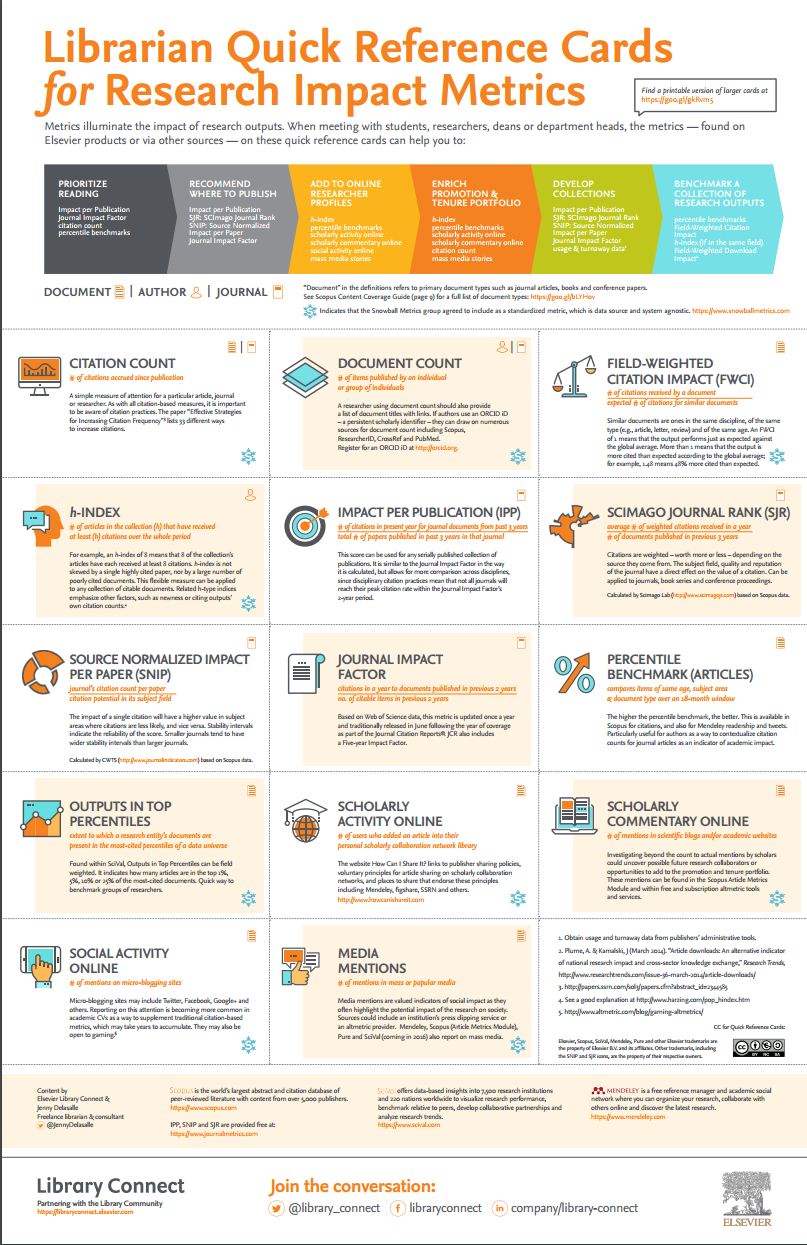

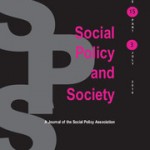 HSS PhD student Andrew Harding and fellow authors Jonathan Parker, Sarah Hean and Ann Hemingway have recently had a paper accepted for publication in Social Policy & Society, the sister publication to the Journal of Social Policy and run by the Social Policy Association.
HSS PhD student Andrew Harding and fellow authors Jonathan Parker, Sarah Hean and Ann Hemingway have recently had a paper accepted for publication in Social Policy & Society, the sister publication to the Journal of Social Policy and run by the Social Policy Association.
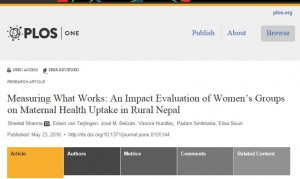















 Dr. Ashraf cited on ‘Modest Fashion’ in The Guardian
Dr. Ashraf cited on ‘Modest Fashion’ in The Guardian NIHR-funded research launches website
NIHR-funded research launches website Academics write for newspaper in Nepal
Academics write for newspaper in Nepal New paper published on disability in women & girls
New paper published on disability in women & girls Global Consortium for Public Health Research 2025
Global Consortium for Public Health Research 2025 MSCA Postdoctoral Fellowships 2025 Call
MSCA Postdoctoral Fellowships 2025 Call ERC Advanced Grant 2025 Webinar
ERC Advanced Grant 2025 Webinar Horizon Europe Work Programme 2025 Published
Horizon Europe Work Programme 2025 Published Horizon Europe 2025 Work Programme pre-Published
Horizon Europe 2025 Work Programme pre-Published Update on UKRO services
Update on UKRO services European research project exploring use of ‘virtual twins’ to better manage metabolic associated fatty liver disease
European research project exploring use of ‘virtual twins’ to better manage metabolic associated fatty liver disease